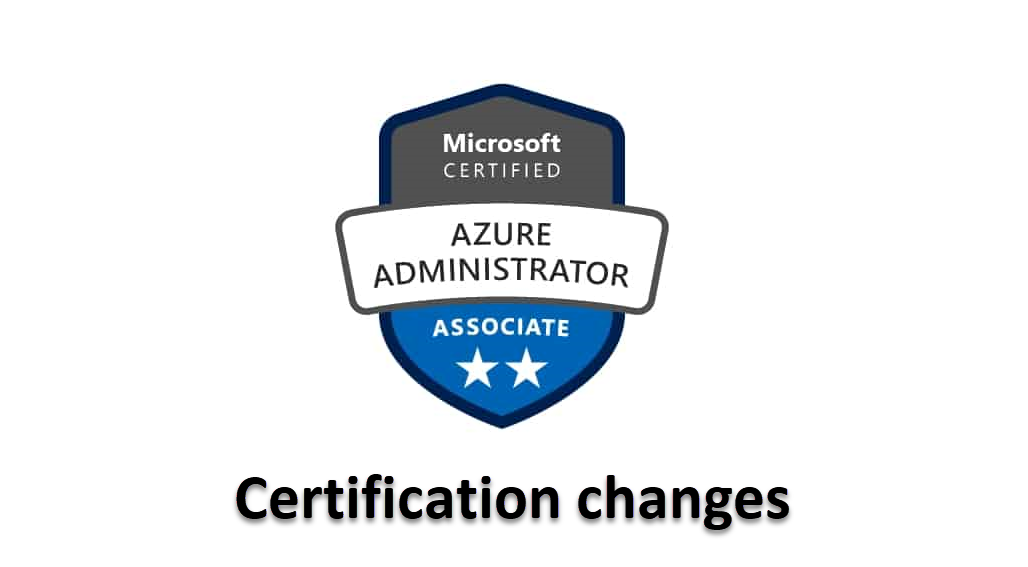The Changing Landscape of Tech Careers
Why Real-World Skills and Problem-Solving Are Replacing Traditional Credentials
For decades, a computer science degree was considered the definitive path into a successful tech career. Prestigious universities and structured curriculums promised job security and high-paying roles, while recruiters favored candidates with formal academic credentials. But in 2025, this traditional narrative is facing growing disruption.
The rise of artificial intelligence, automation tools, open-source platforms, and alternative learning pathways has dramatically changed the playing field. Many of the industry's most innovative minds—startup founders, software engineers, data scientists, and AI specialists—are emerging not from elite academic institutions but from unconventional routes like coding bootcamps, self-taught programs, and hands-on project experience.
Anton Osika, the CEO of Lovable (a rising star in the tech space), recently made headlines by stating that a computer science degree is no longer the “golden ticket” it once was. He emphasized that while academic foundations can still be valuable—especially in deep technical roles—companies are placing much greater emphasis on skills, adaptability, and the ability to deliver results in real-world environments.
Why the Shift?
The technology sector is growing faster than universities can adapt. Curriculums often lag behind the rapidly evolving demands of the industry. By the time a CS student graduates, several tools and frameworks they studied may already be outdated.
At the same time, employers are facing a growing need for talent who can:
-
Quickly learn and apply new technologies
-
Collaborate across diverse, remote teams
-
Build products that align with business goals
-
Solve real-world problems efficiently
-
Communicate clearly and think creatively
These are not traits that a degree guarantees. In fact, many companies are starting to value proof-of-work—such as GitHub portfolios, live apps, hackathon wins, and open-source contributions—over classroom performance.
AI Tools and Low-Code Platforms Are Leveling the Field
One of the biggest contributors to this shift is the proliferation of AI-powered developer tools like GitHub Copilot, Replit, and ChatGPT. These platforms enable even novice developers to produce working code, understand new languages, and iterate faster than ever before.
Low-code and no-code solutions are also democratizing tech. People from non-traditional backgrounds—marketers, designers, entrepreneurs—are now building apps, automating tasks, and launching SaaS products with minimal coding knowledge. These tools reduce the technical barrier, allowing people to focus more on solving problems and creating user value rather than memorizing syntax or passing university exams.
In this environment, practical experience and problem-solving take precedence over theoretical knowledge.
Bootcamps, Online Courses, and Certifications Rise in Value
The growing popularity of online learning platforms like Coursera, edX, Udemy, and Khan Academy has also contributed to the changing perception of what it means to be “qualified.” Coding bootcamps like General Assembly, Le Wagon, and Flatiron School now offer intensive, project-based programs that equip students with job-ready skills in a fraction of the time it takes to earn a traditional degree.
Tech companies increasingly recognize these programs as valid (and sometimes preferred) alternatives—especially when candidates present portfolios filled with real-world projects, collaborative work, and continuous learning.
Certifications in cloud computing (AWS, Google Cloud), DevOps, cybersecurity, or AI/ML are also becoming powerful differentiators. These often indicate not just knowledge, but a proactive mindset and a commitment to staying current in a fast-moving field.
Shifting Hiring Practices in Tech Companies
Major tech employers are adjusting their hiring processes to reflect these new realities. Many have eliminated degree requirements altogether. Google, Apple, IBM, Tesla, and Meta have all publicly declared that they prioritize skills, projects, and experience over educational background.
Job descriptions now frequently highlight soft skills like communication, adaptability, curiosity, and collaboration alongside technical requirements.
Moreover, coding interviews, take-home projects, and technical challenges have replaced traditional resume screening in many cases. This enables candidates to prove what they can do, regardless of whether they have a degree.
What Still Matters About a Computer Science Degree
That said, a computer science degree is not obsolete. For roles in algorithm design, systems programming, cybersecurity, machine learning research, and academia, a strong foundation in theory, math, and computational thinking is essential—and often best taught in formal university programs.
Graduates from top CS programs often enter the job market with a deep understanding of computer architecture, algorithms, data structures, and operating systems, which can give them a strong long-term advantage in certain roles.
So while the degree is no longer the only route to success, it can still offer value—especially when paired with practical experience and a growth mindset.
Advice for Aspiring Tech Professionals (With or Without a Degree)
If you're entering the tech field today—whether you're fresh out of college, switching careers, or self-taught—here are a few ways to stand out:
-
Build a Portfolio: Show real projects on GitHub, contribute to open source, or build and launch your own tools or apps.
-
Stay Curious and Keep Learning: Tech evolves rapidly. Engage with new tools, frameworks, and platforms regularly.
-
Practice Problem-Solving: Use platforms like LeetCode, HackerRank, and Codewars to sharpen your coding and logical thinking skills.
-
Join Tech Communities: Engage with peers on Discord, Reddit, Slack groups, and local meetups.
-
Document Your Journey: Share your learning journey via blogs, YouTube, or LinkedIn—it not only builds your network but shows initiative.
-
Work on Soft Skills: Communication, teamwork, and the ability to explain complex ideas are increasingly valuable in tech roles.
Conclusion: The Future of Tech Is About Impact, Not Pedigree
The tech industry is moving toward a future where what you do matters more than where you studied. While computer science degrees still hold value, they are no longer the gatekeepers of opportunity they once were.
The rise of alternative learning paths, AI development tools, and skill-based hiring means that anyone with the determination, curiosity, and problem-solving ability can break into tech—and thrive.
The industry is no longer just about credentials. It's about contribution, creativity, and the impact you can make.
.png)
Dhisana
Author
Appreciate the small moments in life, because one day, you might look back and see they were actually the most meaningful. Many of life's setbacks come from those who didn’t realize how near they were to success when they gave up.

![PMP Exam Questions and Answers [2025]: Practice with Realistic Scenarios and Expert Explanations](https://edutechnolab.com/components/storage/app/public/photos/1/2/PMP P1.png)
![PL-300 Exam Questions and Answers [2025 Edition]](https://edutechnolab.com/components/storage/app/public/photos/1/2/Power P1.png)


















.png)






